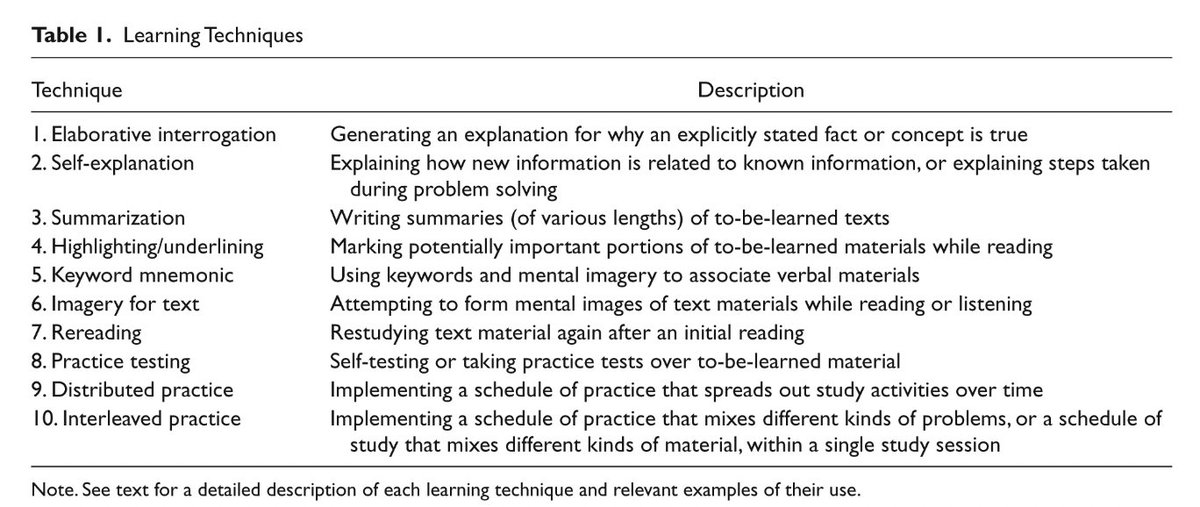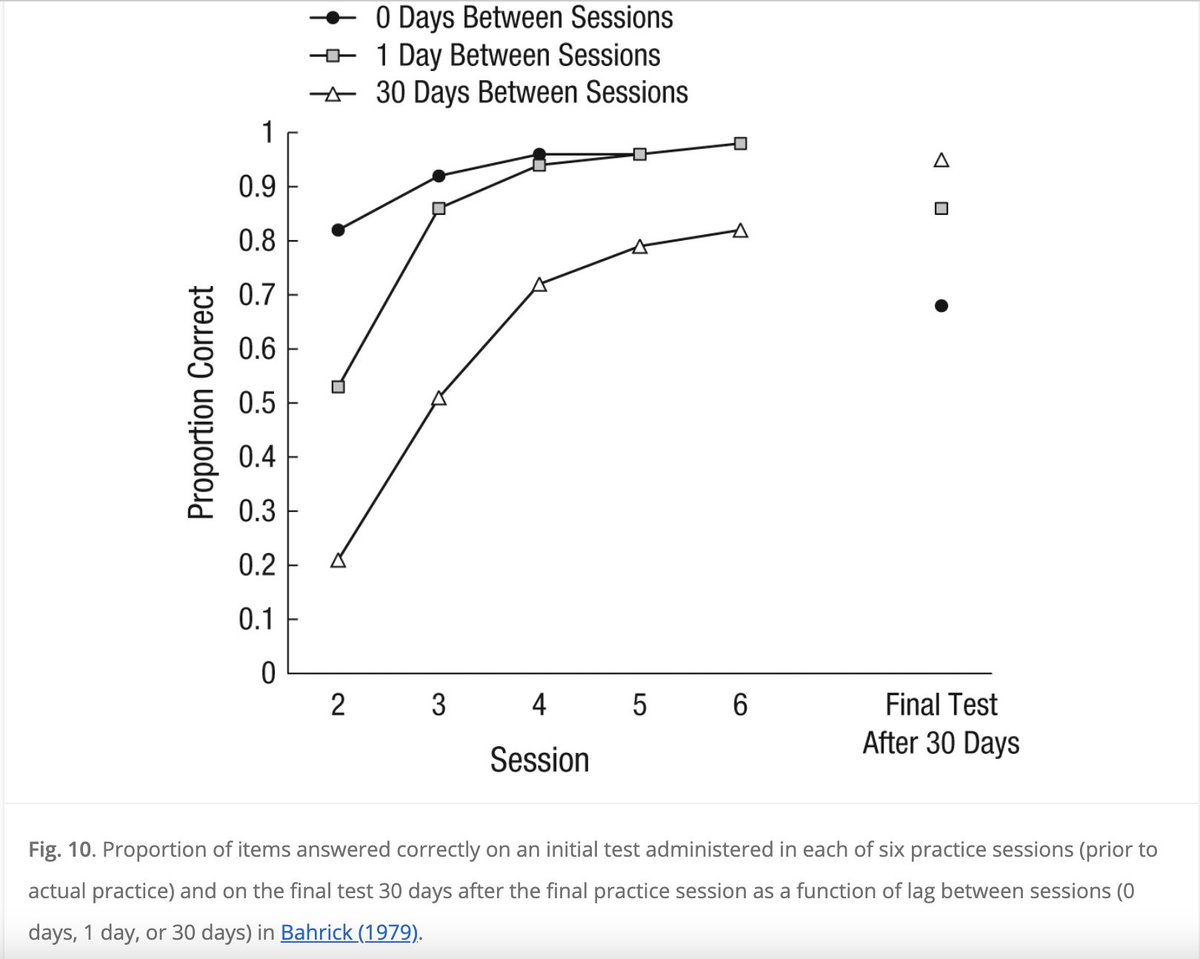Yesterday @stmikeshospital our @Sim_StMikes team collaborated with @sholzberg and her #hematology team & IT to run #usability testing for clinical hematology protocols undergoing updates. We used #simulation & UT principles (eg think aloud and focused observations) the project. 

I believe usability testing coupled with simulation is a great way to support QI initiatives. The data provides real time end-user feedback followed by an understanding of the decision making that led to certain actions.
Edit to my first tweet “To support the project “
• • •
Missing some Tweet in this thread? You can try to
force a refresh









